Legislation and Its Impact on Marriage
Exploring the Societal Context of Marriage
The history of marriage laws in Singapore reflects the country’s development from a colonial outpost to a modern nation. Initially governed by colonial laws, the legal framework surrounding marriage has evolved to protect individual rights and foster family unity. The enactment of the Women's Charter in 1961 and subsequent amendments have played a crucial role in establishing equitable marriage practices, ensuring that both partners are protected under the law.
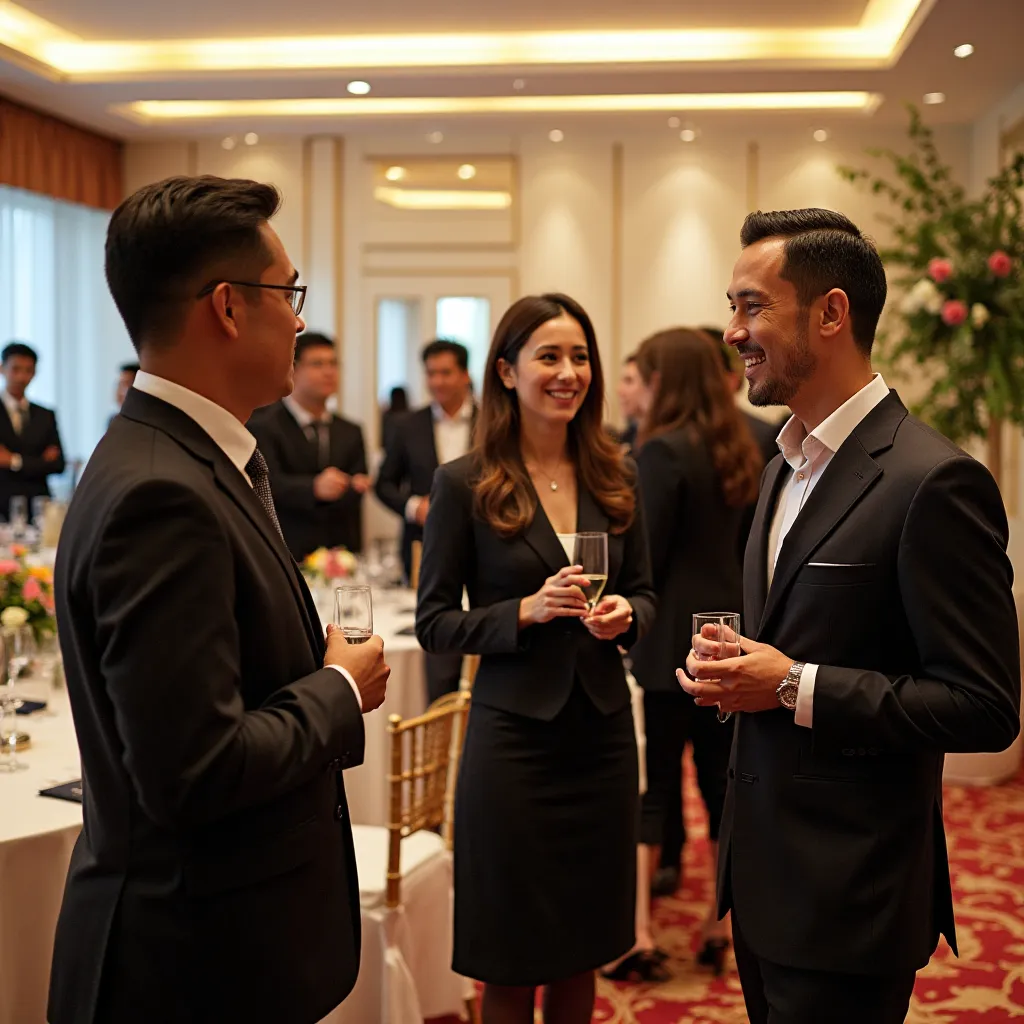
Historical Marriage Laws in Singapore
The traditional practice of matchmaking has seen a resurgence in recent years, with agencies reporting a 25% increase in clients seeking assistance. This reflects a growing recognition of the importance of compatibility in a partner, reinforced by the Ministry of Social and Family Development's initiatives to promote healthy relationships. Singaporean couples now increasingly value the role of pre-marital counseling and family agreements, which can contribute to successful, lasting marriages.
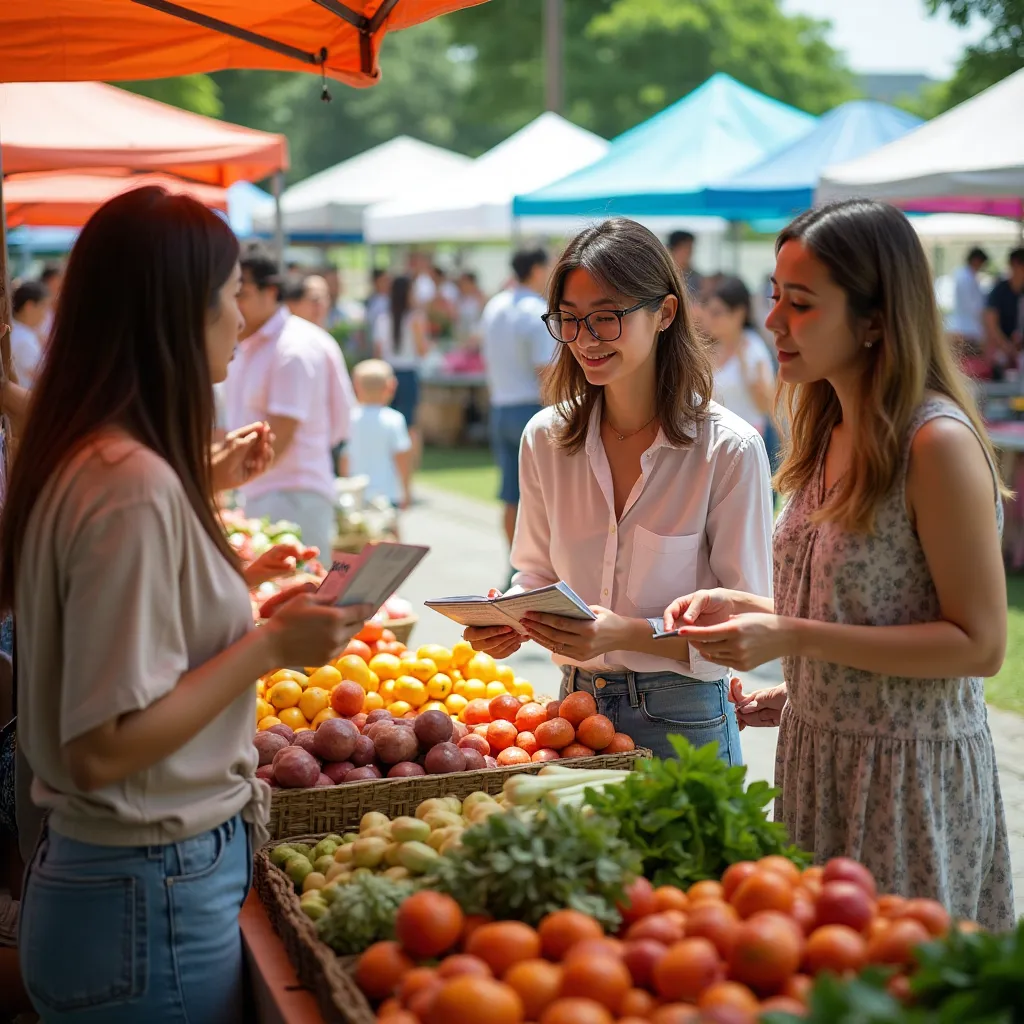
Marriage Registration: A Historical Perspective
As marriage practices have evolved, so too have the types of documentation surrounding it. Our advisory firm recognizes the significance of comprehensive marriage certificates, which serve not only as legal proof but also carry cultural and personal significance. With over 15 years of experience in assisting families, we have facilitated the documentation process for over 5,000 clients, ensuring they are equipped with the necessary legal safeguards to protect their family agreements.
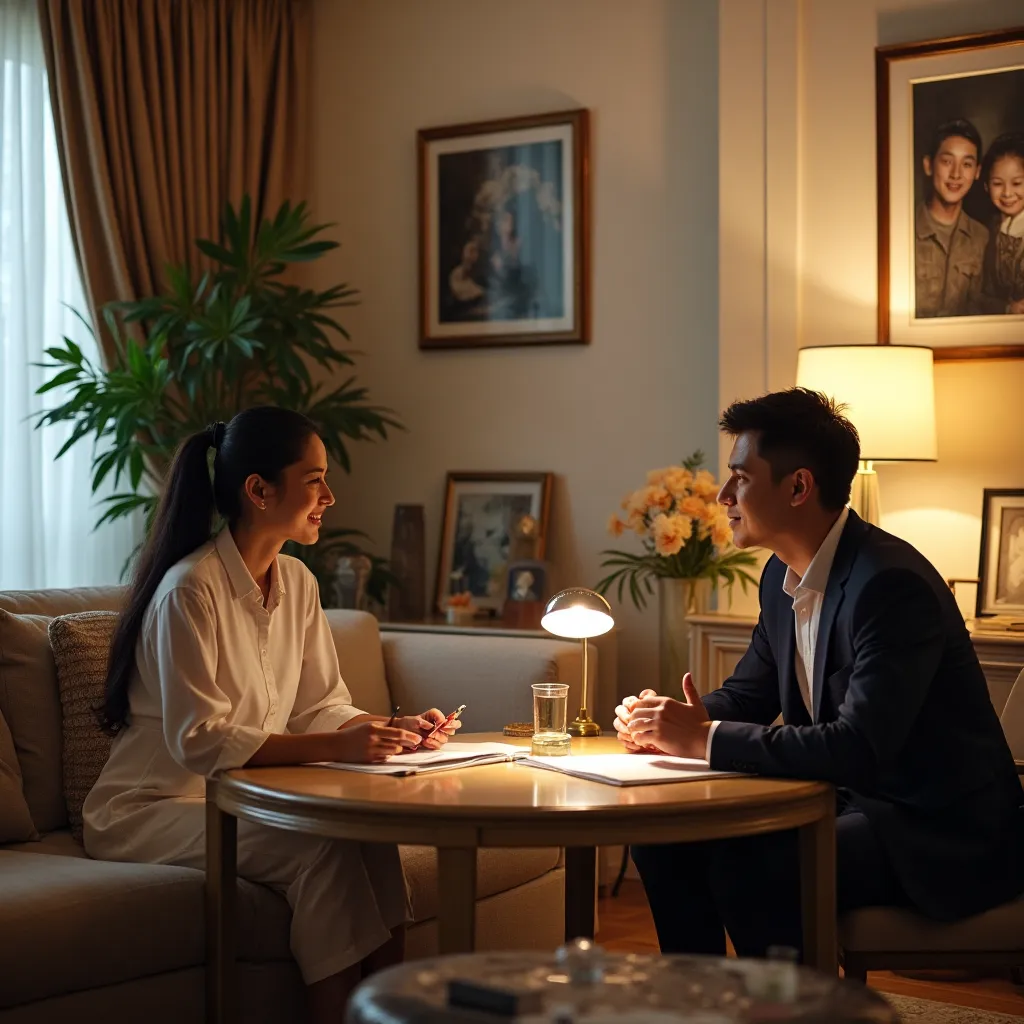
Marriage and Family Agreements
The legal framework governing marriage in Singapore not only provides structure but also safeguards the rights of individuals. With ongoing advancements in gender equality and family law, the government has made it a priority to continually update regulations to reflect the changing needs of society. By 2023, the number of marriage disputes requiring legal intervention has increased by 20%, highlighting the necessity for couples to be well-prepared and informed before entering into marital agreements.
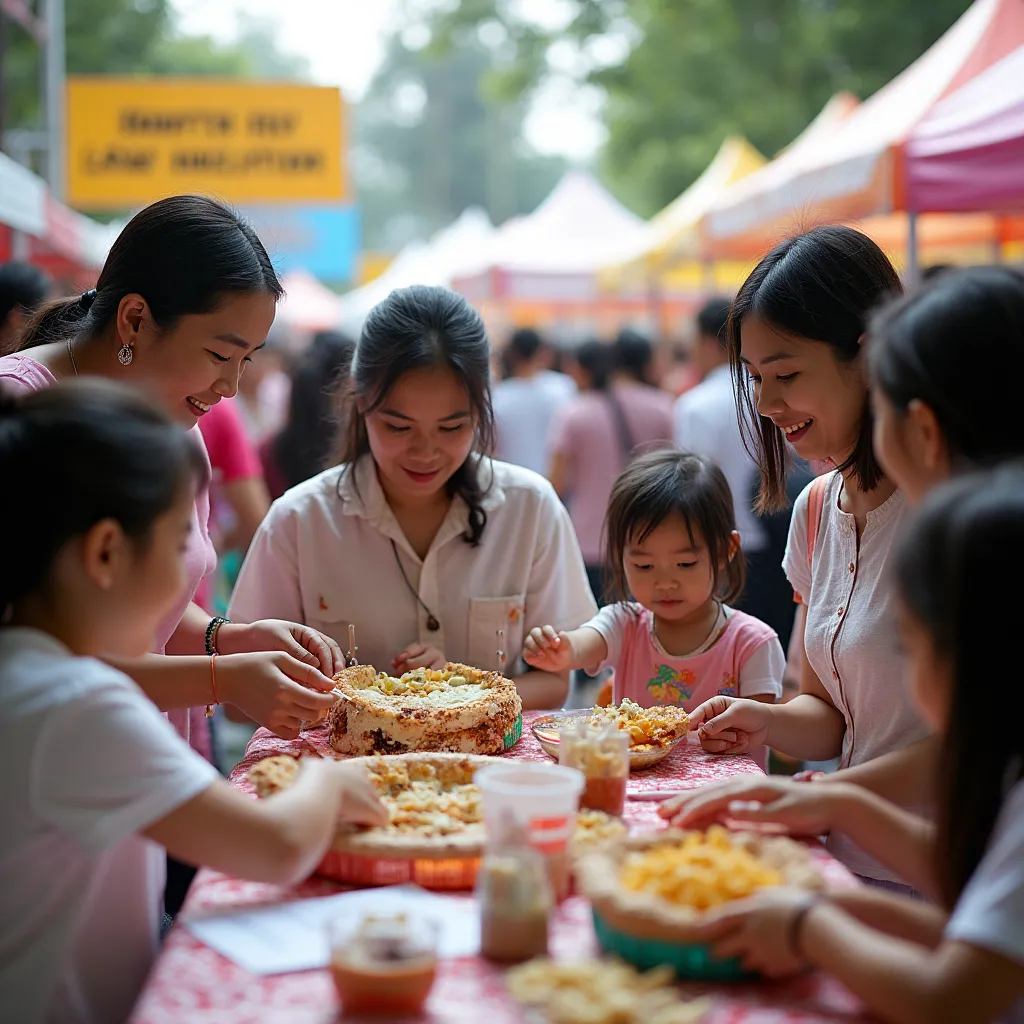
Understanding Marriage Practices
Our comprehensive advisory services guide you through the complexities of obtaining essential marriage and family documents. We ensure that you understand every step of the process, helping you secure your family's legal foundations with confidence. Trust us to assist you in navigating the paperwork efficiently and effectively.
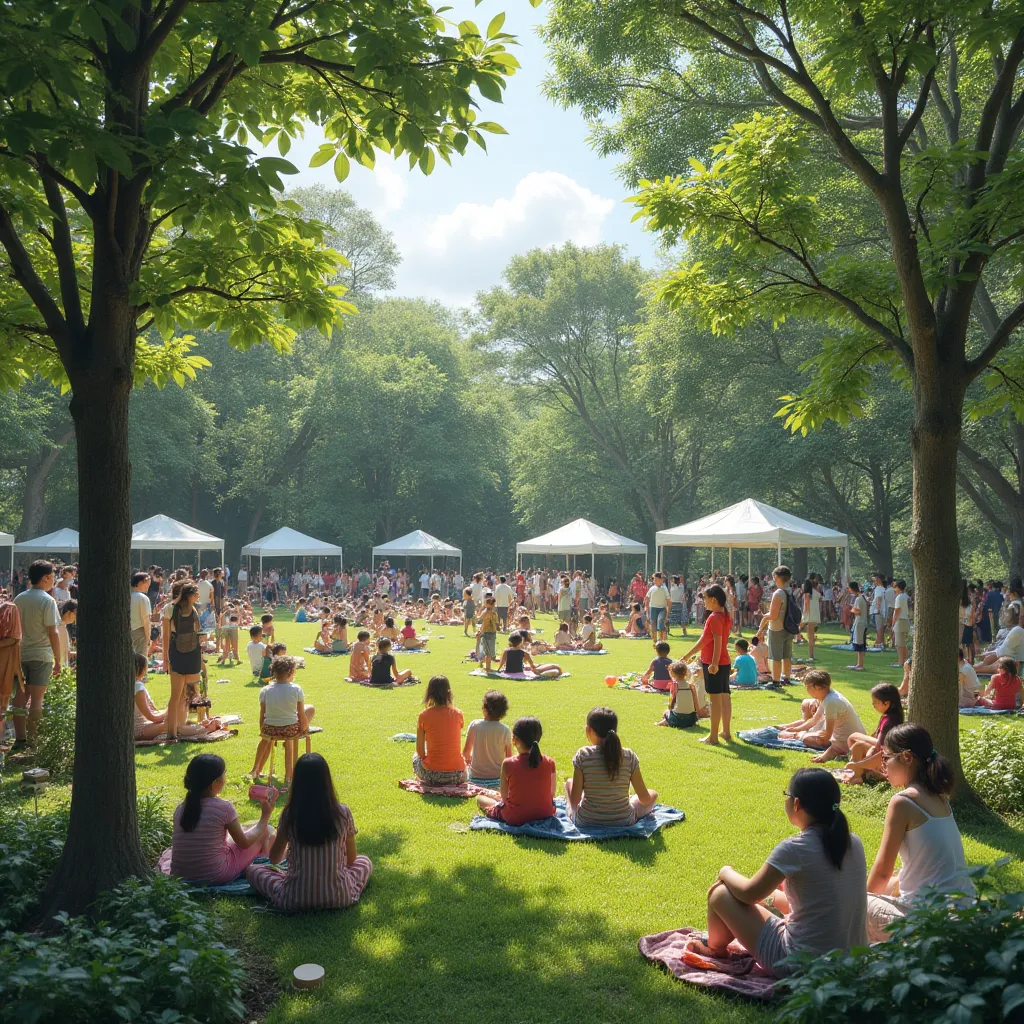
The Legal Framework of Marriage
As we look to the future, the legal landscape surrounding marriage will continue to evolve. The rise of cohabitation and changing family structures necessitate updated legal frameworks to address contemporary issues. Our advisory services are committed to guiding couples through these changes, ensuring that they are well-informed and protected as they embark on their marital journey.